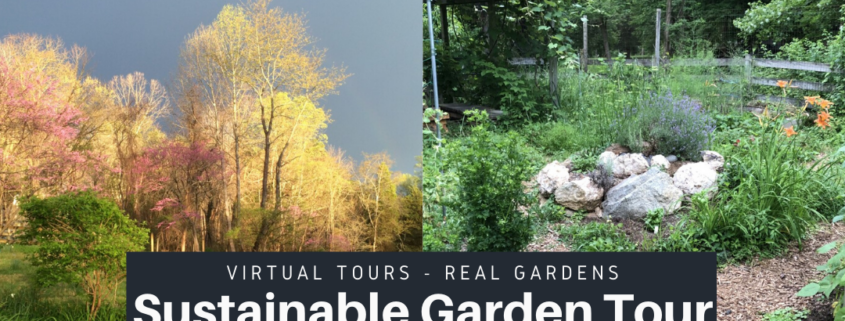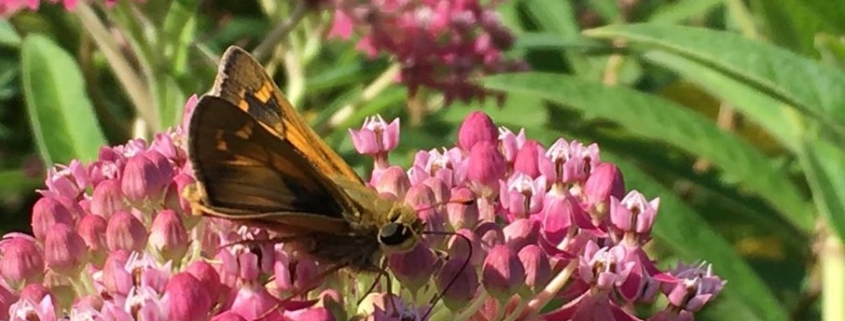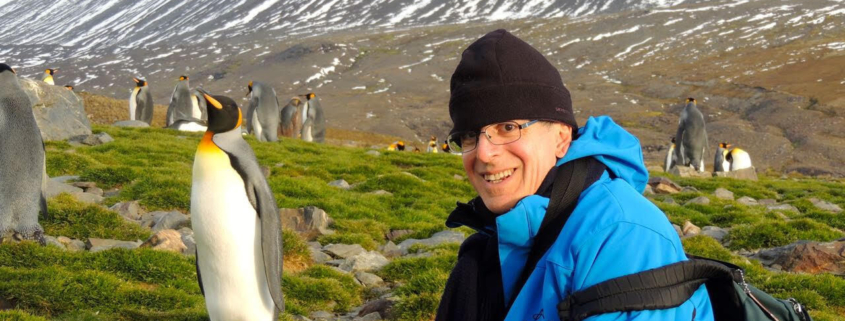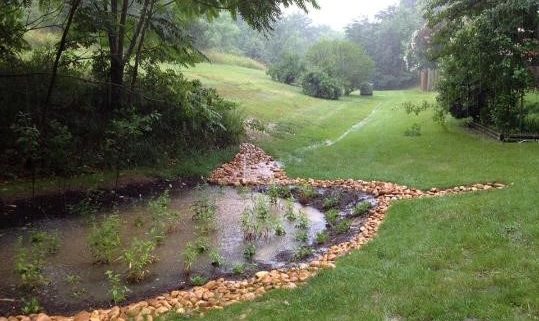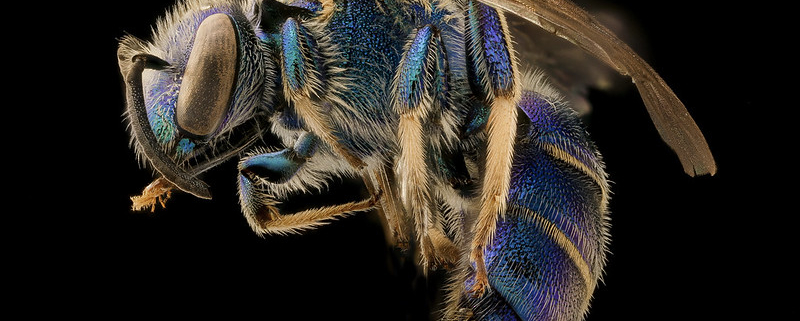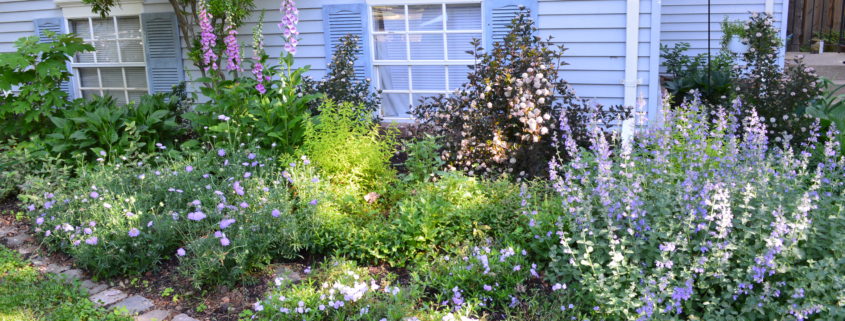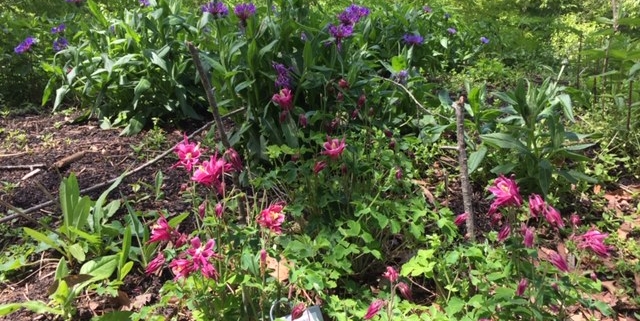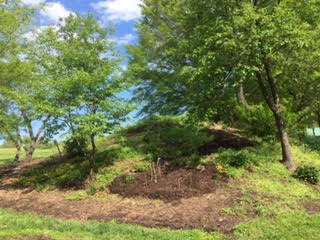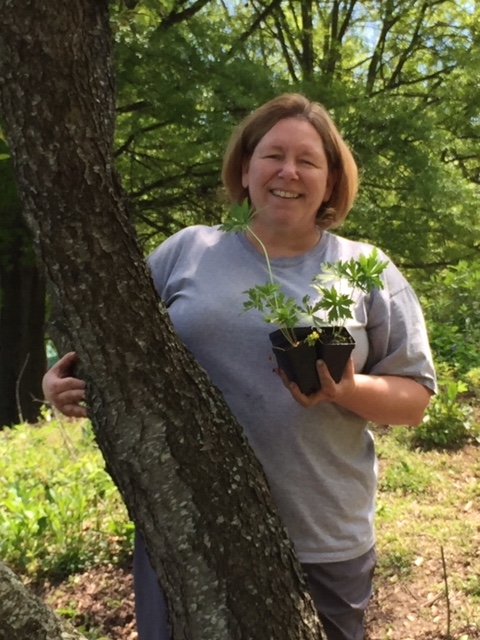Sustainable Garden Tour Coming in June
Virtual experiences from each of this year’s incredible garden tour sites are available on the NVSWCD website.
The 2020 Sustainable Garden Tour will be held VIRTUALLY this year throughout the month of June.
For this year’s Sustainable Garden Tour, Northern Virginia Soil and Water Conservation District (NVSWCD) is partnering with the Fairfax Food Council Urban Agriculture Workgroup to highlight front-yard gardens and edible landscapes. You’ll also see garden tour favorites like rain gardens, native plant landscaping, rain barrels, backyard wildlife habitat, composting and more. Local residents open their gardens and share their experiences landscaping with natural resources in mind. Hidden treasures and verdant landscapes await you!
Virtual experiences from each of this year’s incredible garden tour sites will be added throughout the month of June. Check the website for more information and a tentative schedule, or follow NVSWCD on Facebook to see garden tour materials as they are released.
View Resources for Sustainable Gardeners.
For more information or to nominate a future site, please email NVSWCD or call 703-324-1423, TTY 711.


